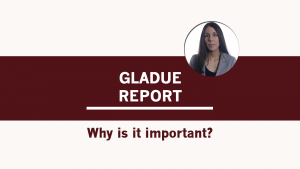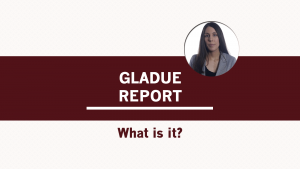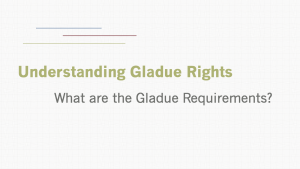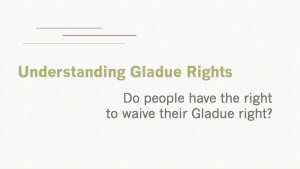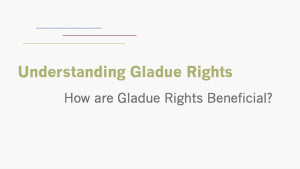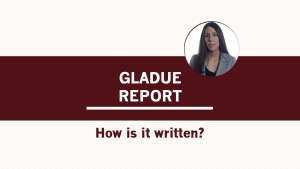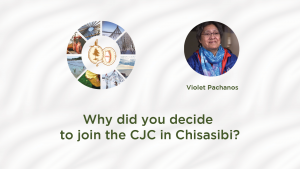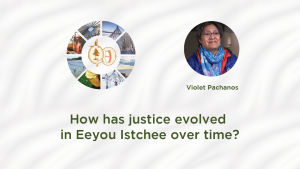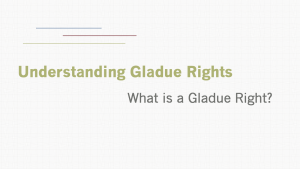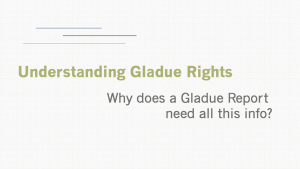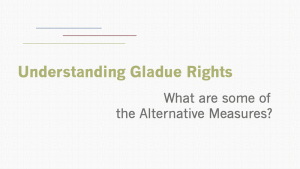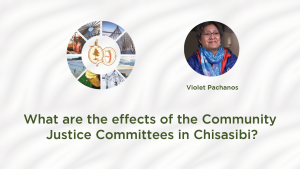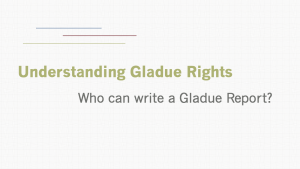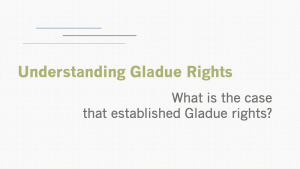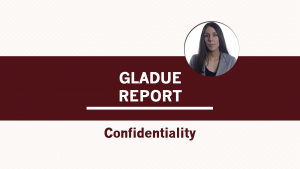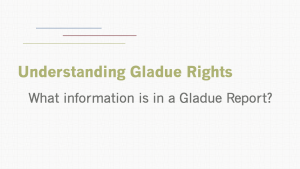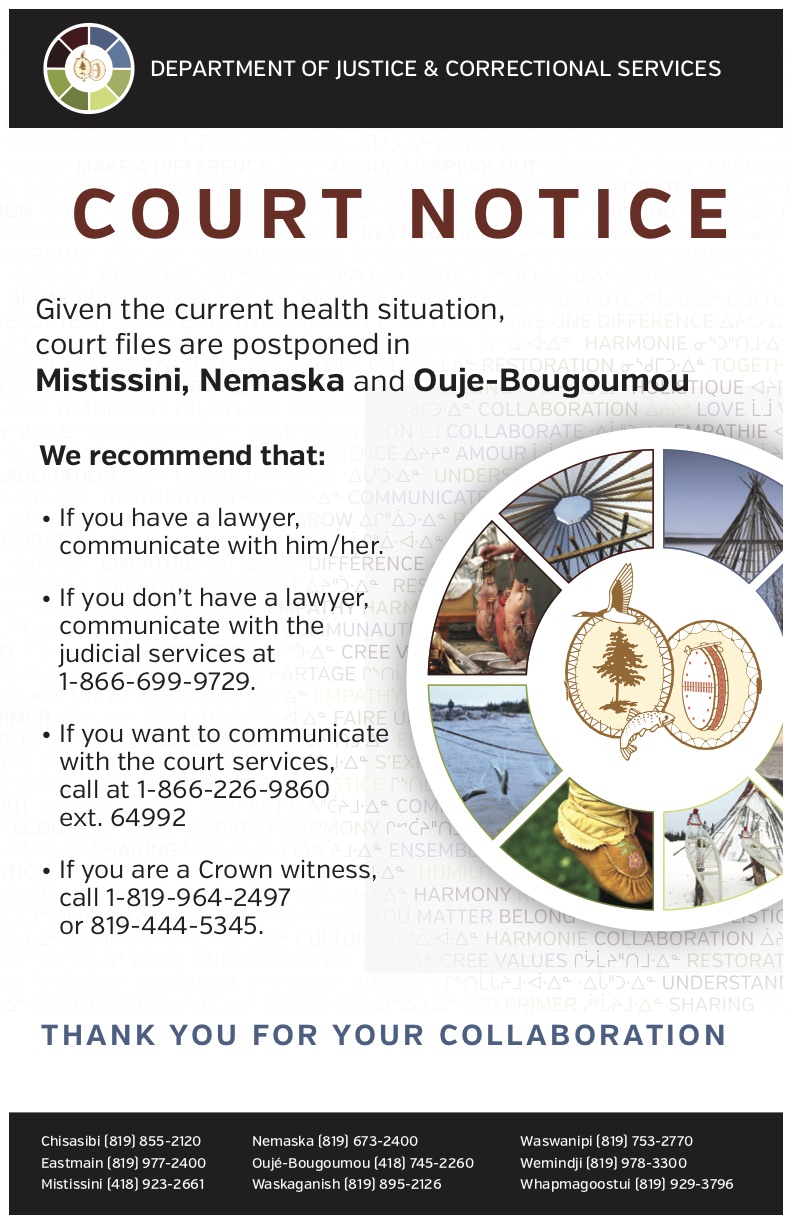Each of our nine Cree communities has what is called a “Community Justice Committee” designed to provide restorative approaches to address criminal activities, anti-social conduct and serious or persistent law infractions. This section provides a description of these committees, and their purpose, and explains how they complement the traditional criminal justice system. It also touches on how the Department provides training to local Justice Committees, based on their unique needs.
Gladue report - Why is important? (2/4)
Gladue report - What is it? (1/4)
Understanding Gladue Rights - What are the Gladue Requirements? (3/9) (Cree speaking)
Understanding Gladue Rights - Do People Have the right to waive their Gladue right? (4/9) (Cree speaking)
Understanding Gladue Rights - How are Gladue Rights Beneficial? (6/9) (Cree speaking)
Gladue report - How is written? (3/4)
Violet Pachanos (2/4) - What are you most proud of? (Cree speaking)
Violet Pachanos (1/4) - Why did you decide to join the CJC in Chisasibi? (Cree speaking)
Violet Pachanos (4/4) - How has justice evolved in Eeyou Istchee over time? (Cree speaking)
Understanding Gladue Rights - What is a Gladue Right? (1/9) (Cree speaking)
Understanding Gladue Rights - Why does a Gladue Report need all this info? (9/9) (Cree speaking)
Understanding Gladue Rights - What are some of the Alternative Measures? (5/9) (Cree speaking)
Violet Pachanos (3/4) - What are the effects of the CJC in the community in Chisasibi? (Cree speaking)
Understanding Gladue Rights - Who can write a Gladue Report? (7/9) (Cree speaking)
Understanding Gladue Rights - What is the case that established Gladue rights? (2/9) (Cree speaking)
Gladue report - Confidentiality (4/4)
Understanding Gladue Rights - What information is in a Gladue Report? (8/9) (Cree speaking)
